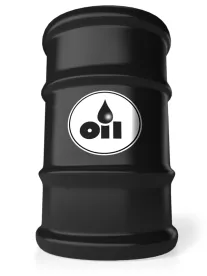The latest effort to repeal the export ban faces uncertain future as it heads to the Senate.
On October 9, the US House of Representatives voted 261-159 to lift the decades-old ban on US crude oil exports. The bill, H.R. 702, introduced on February 4, prohibits federal restrictions on crude oil exports by (1) expressly prohibiting any federal official from imposing or enforcing restrictions on the export of crude oil and (2) repealing section 103 of the Energy Policy and Conservation Act (42 U.S.C. § 6212), which authorizes the president to restrict exports of coal, petroleum products, natural gas, and petrochemical feedstocks. H.R. 702 was initially referred to two committees and two subcommittees and was forwarded for a full House vote on September 10 by the House Energy and Commerce Subcommittee on Energy and Power. The bill will now be engrossed and sent to the Senate for consideration, where it is unclear if it will be passed. In any event, President Barack Obama has threatened to veto the bill, and it presently seems unlikely that both houses of Congress can muster the votes required to override a veto.
The ban on US crude oil exports, enacted in 1975 after Organization of the Petroleum Exporting Countries’ oil embargo against the United States and other countries in retaliation for their involvement in the 1973 Arab-Israeli War, is extremely broad. Currently, however, there are a few limited exceptions, including oil that originates from Alaska’s Cook Inlet and North Slope, oil shipped to Canada for consumption, and certain heavy oil from California. The US Department of Commerce also gave permission last year in private rulings for two companies to export processed condensate, and it has since clarified publicly that some condensate may be exported if it has been processed through a crude oil distillation tower. The Department of Commerce also recently announced that it will begin to allow limited exports of US crude oil to Mexico in exchange for imported Mexican oil.
Efforts to repeal the ban completely have increased in recent years as improvements in hydraulic fracturing technology have led to a surge in US crude oil production, reducing concerns about dependency on foreign oil. Several bills were introduced last year to repeal the ban, and several bills besides H.R. 702 have been introduced this year for the same purpose. Like H.R. 702, the proposed bills have focused on repealing the ban and prohibiting executive branch officials from restricting oil exports.



 />i
/>i

